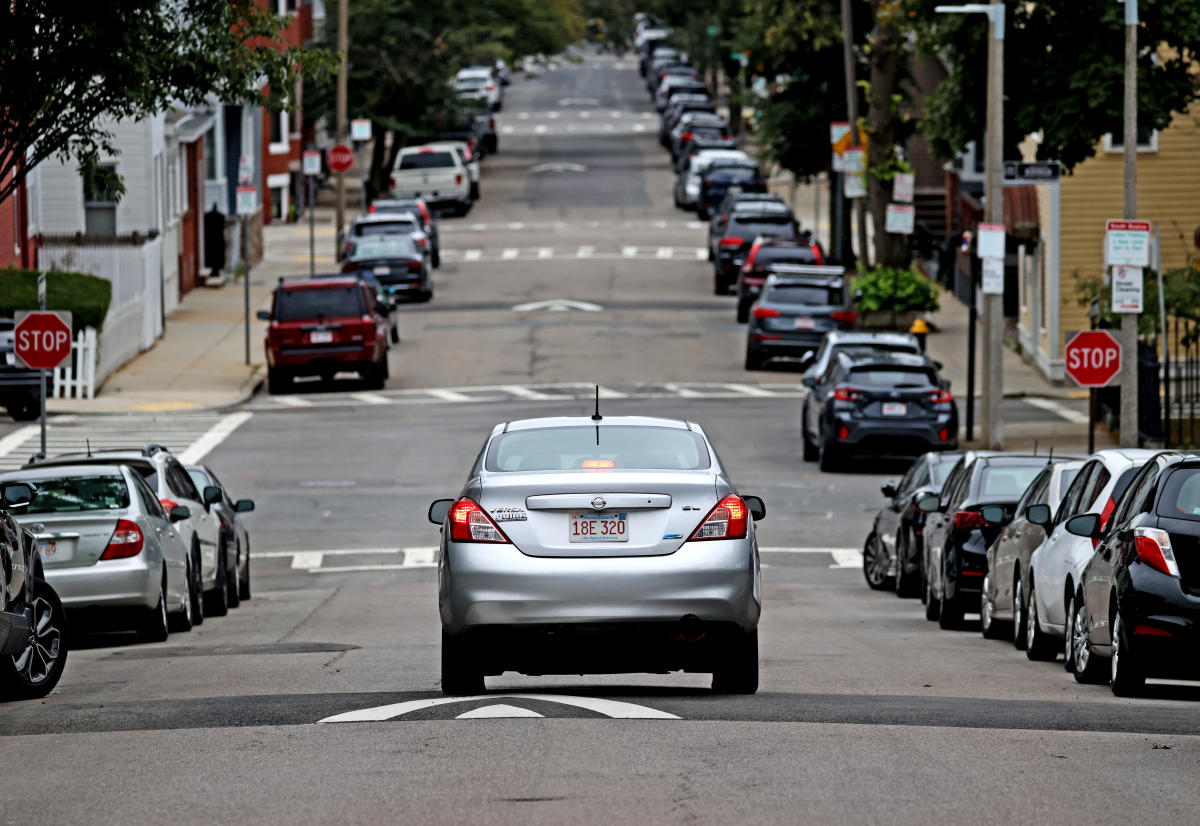Review sản phẩm
Tài xế dịch vụ chia sẻ xe ở Massachusetts có thể thành lập công đoàn mà không cần là nhân viên toàn thời gian
Tài xế dịch vụ chia sẻ xe ở Massachusetts có thể thành lập công đoàn mà không cần là nhân viên toàn thời gian
Massachusetts đã thông qua một sáng kiến bỏ phiếu toàn tiểu bang cho phép các tài xế dịch vụ chia sẻ xe có cơ hội thành lập công đoàn mà vẫn giữ nguyên tư cách là nhà thầu độc lập. Sáng kiến này được đưa ra bởi Liên đoàn Công nhân Dịch vụ (SEIU) và Hiệp hội Công nhân Máy móc và Hàng không Quốc tế (IAM). Nó đã được thông qua với tỷ lệ sít sao khoảng 54% số phiếu bầu. Điều này sẽ cho phép 70.000 tài xế dịch vụ chia sẻ xe của tiểu bang thành lập công đoàn và tận dụng sức mạnh đàm phán tập thể. Quyết định này đánh dấu một bước ngoặt quan trọng trong cuộc tranh luận kéo dài về tình trạng việc làm của các tài xế nền tảng chia sẻ xe, mở ra khả năng đàm phán về tiền lương, điều kiện làm việc và các vấn đề khác liên quan đến phúc lợi của họ.
Mặc dù đã được thông qua, sáng kiến này vẫn đối mặt với những thách thức. Các công ty chia sẻ xe lớn như Uber và Lyft đã phản đối mạnh mẽ, cho rằng nó sẽ làm tăng chi phí và ảnh hưởng đến tính linh hoạt của nền tảng. Tương lai của hoạt động này sẽ phụ thuộc vào quá trình đàm phán giữa các công đoàn, các tài xế và các công ty chia sẻ xe. Việc thực thi hiệu quả và giải quyết các tranh chấp tiềm tàng cũng là những yếu tố quan trọng cần được xem xét. Tuy nhiên, việc thông qua sáng kiến này chứng tỏ sự ủng hộ ngày càng tăng đối với việc bảo vệ quyền lợi của người lao động trong nền kinh tế gig.
#Massachusetts #CôngĐoàn #TàiXếChiaSẻXe #Uber #Lyft #NềnKinhTếGig #QuyềnLaoĐộng #ĐàmPhánTậpThể #SángKiếnBỏPhiếu #NhàThầuĐộcLập
Massachusetts has passed a statewide ballot initiative that gives rideshare drivers the opportunity to unionize while remaining independent contractors. The initiative was brought forward by the Service Employees International Union and the International Association of Machinists and Aerospace Workers. It passed with a narrow margin of about 54 percent of the vote.
The will allow the state’s 70,000 rideshare drivers to form unions and leverage collective bargaining power, which is not permitted for independent contractors under the National Labor Relations Act. These workers can unionize if they receive signatures from at least 25 percent of active drivers in Massachusetts. The initiative also creates a hearing process so that drivers for companies such as Lyft and Uber can bring complaints about unfair work practices to a state board. However, the ballot initiative does not contain language about strike protections. It also does not extend to food delivery drivers.
Uber and Lyft did not actively campaign against the Massachusetts measure, but they have raised concerns about the specific language. Some labor advocates also opposed the initiative, cautioning that it could hamper efforts for rideshare drivers to win recognition as full-time employees. “We’re not against unionization,” Kelly Cobb-Lemire, an organizer with Massachusetts Drivers United, told . “But we don’t feel this goes far enough.”
Independent contractors often are not protected by federal or state labor laws because they aren’t full-time employees. The Massachusetts ballot measure could create a precedent for other states to offer unionization options for gig workers. California has been a battleground for labor protections for gig workers who drive for Uber and Lyft for several years. Most recently, a court California drivers to retain independent contractor status.
Xem chi tiết và đăng kýXem chi tiết và đăng kýKhám phá thêm từ Phụ Kiện Đỉnh
Đăng ký để nhận các bài đăng mới nhất được gửi đến email của bạn.




